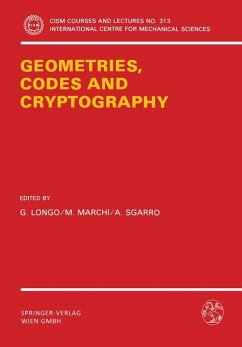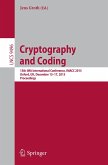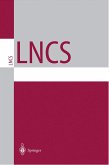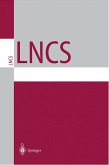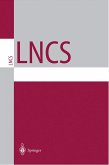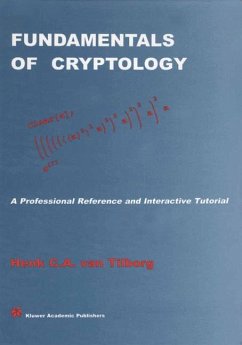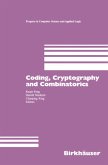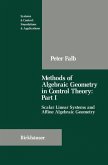The general problem studied by information theory is the reliable transmission of information through unreliable channels. Channels can be unreliable either because they are disturbed by noise or because unauthorized receivers intercept the information transmitted. In the first case, the theory of error-control codes provides techniques for correcting at least part of the errors caused by noise. In the second case cryptography offers the most suitable methods for coping with the many problems linked with secrecy and authentication. Now, both error-control and cryptography schemes can be studied, to a large extent, by suitable geometric models, belonging to the important field of finite geometries. This book provides an update survey of the state of the art of finite geometries and their applications to channel coding against noise and deliberate tampering. The book is divided into two sections, "Geometries and Codes" and "Geometries and Cryptography". The first part covers such topicsas Galois geometries, Steiner systems, Circle geometry and applications to algebraic coding theory. The second part deals with unconditional secrecy and authentication, geometric threshold schemes and applications of finite geometry to cryptography. This volume recommends itself to engineers dealing with communication problems, to mathematicians and to research workers in the fields of algebraic coding theory, cryptography and information theory.

